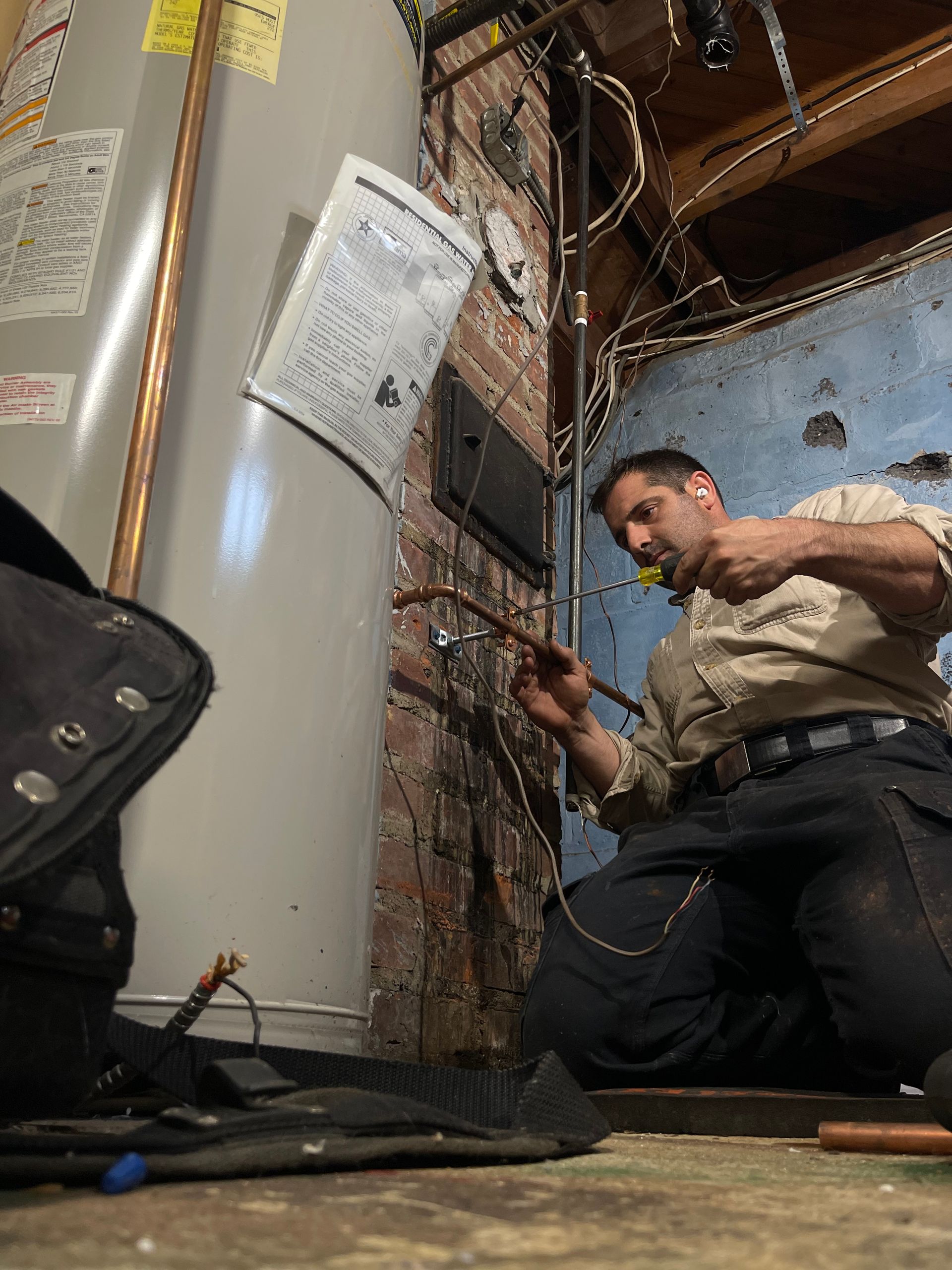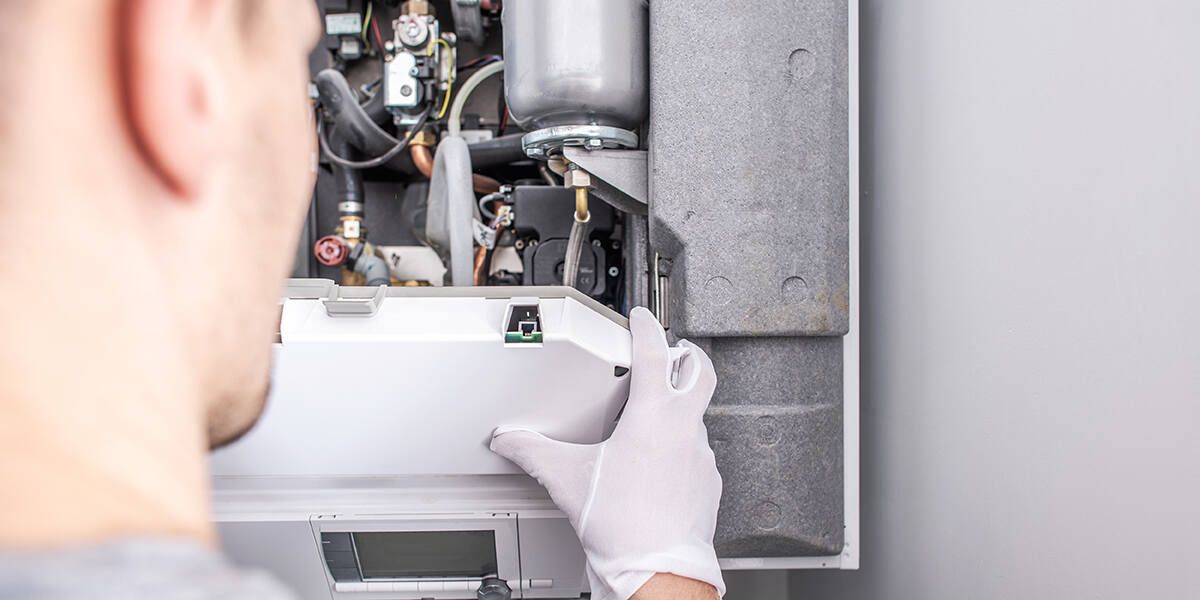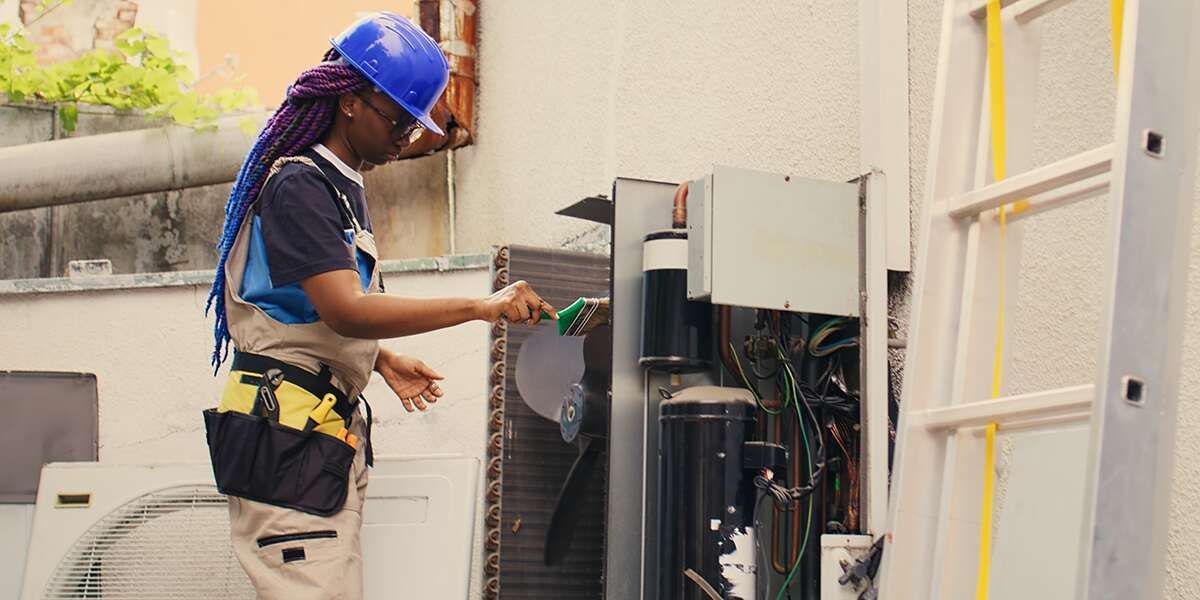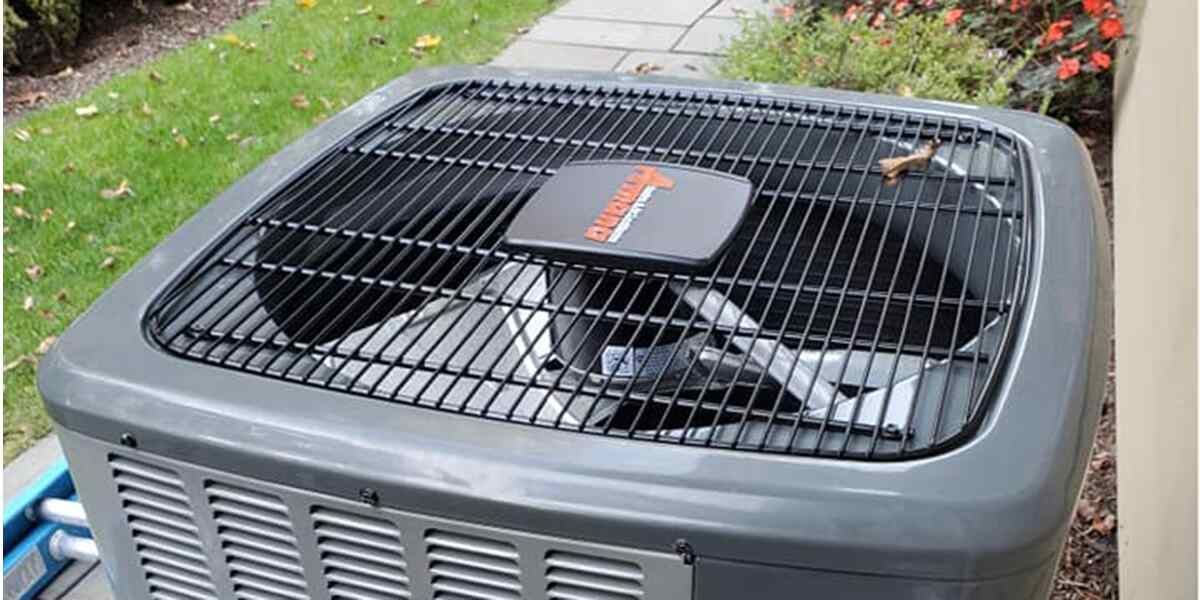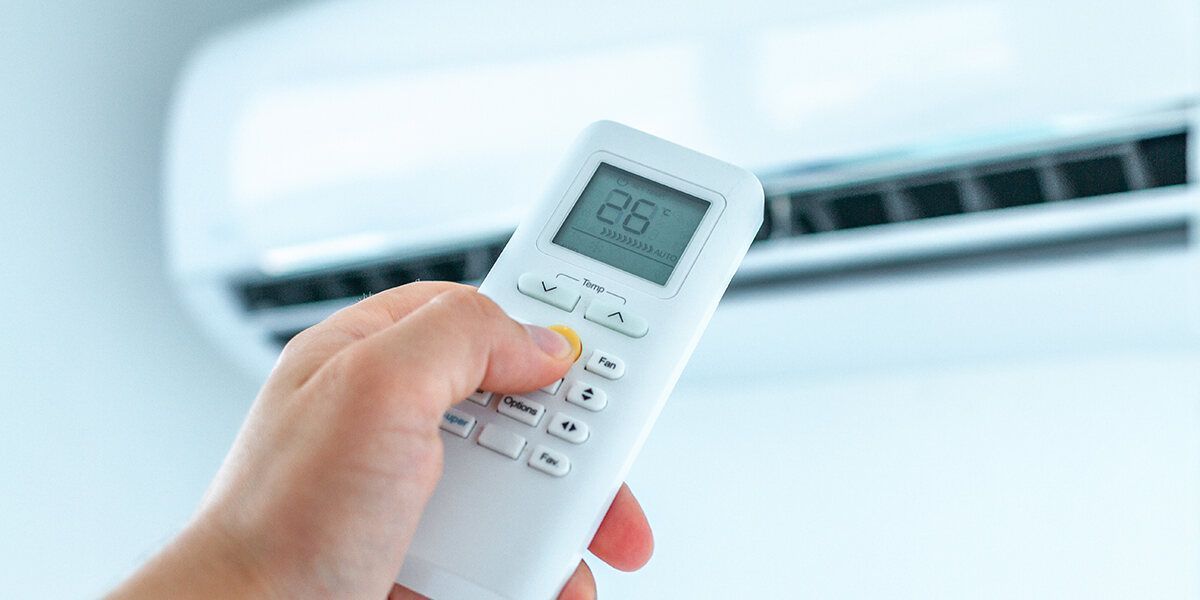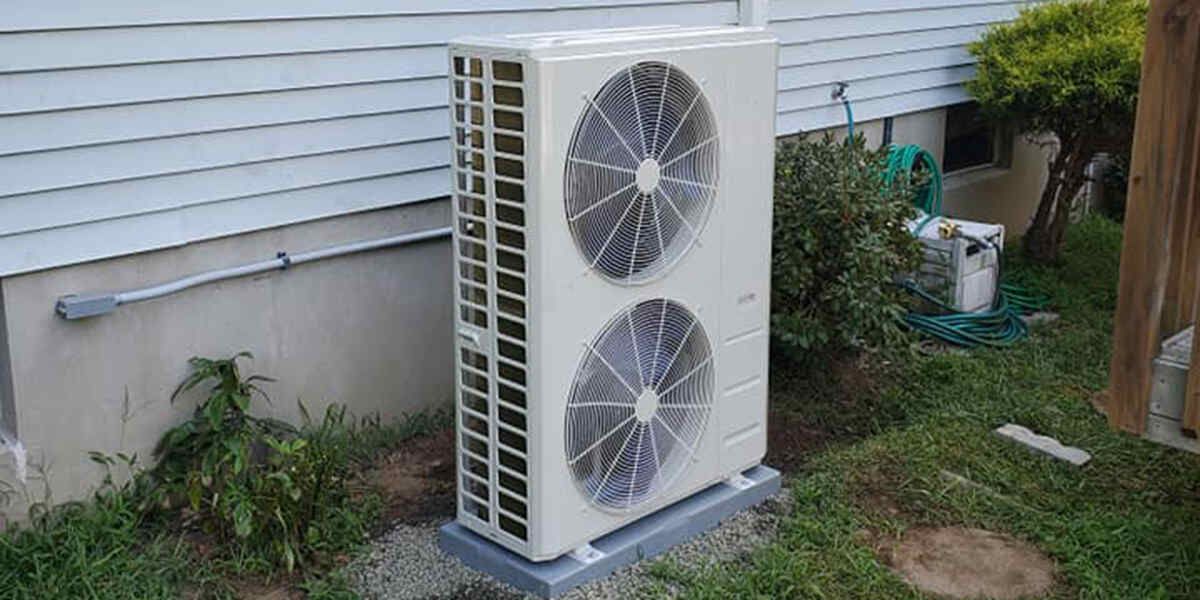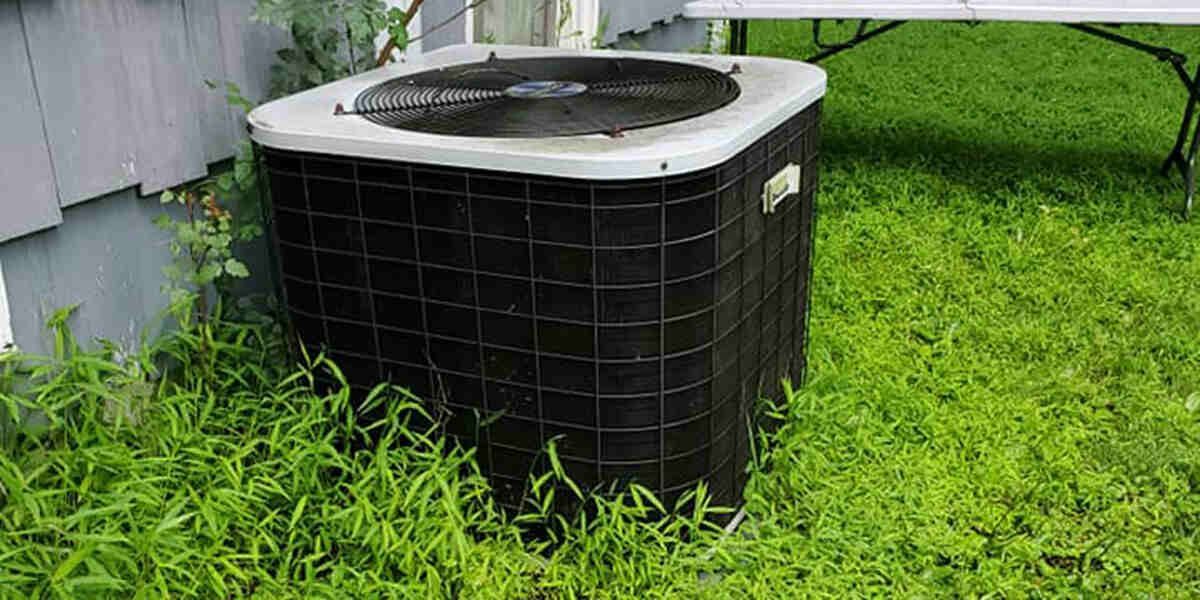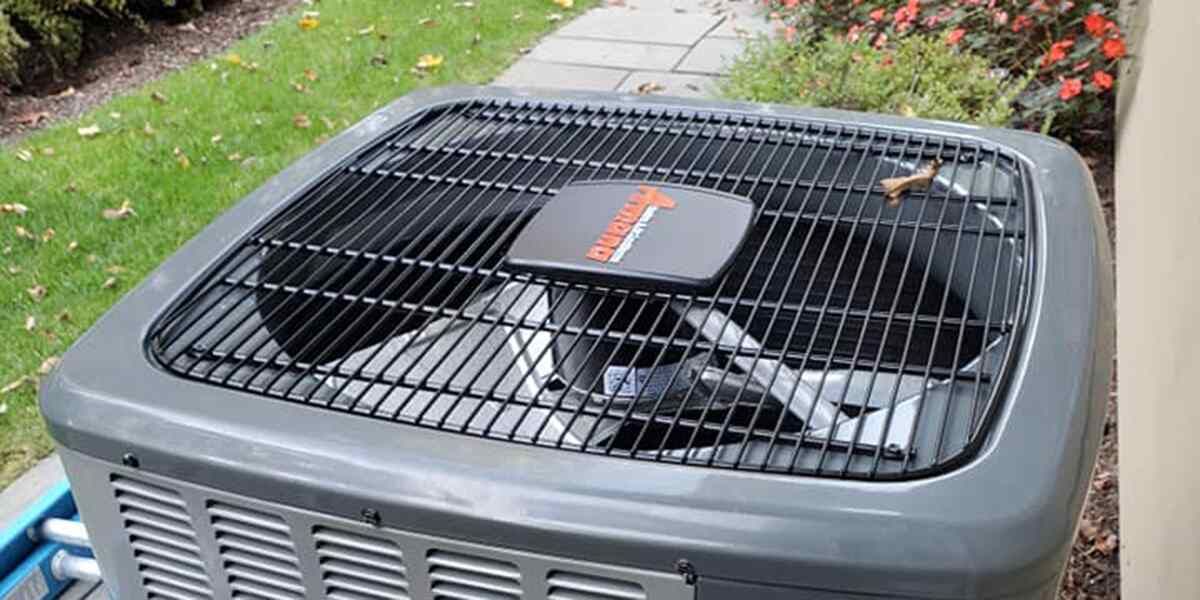The Level of Humidity That Should Be Present in Your Home
Comfort Specialists
Indoor air quality plays a significant role in the wellness and livability of your living space. You may also be concerned about dust, pollen, and other contaminants. Meanwhile, you shouldn’t overlook humidity because it can cause respiratory problems. For instance, low humidity can increase your risk of dry sinuses, dry skin, and chapped lips, while high humidity can allow bacteria, mold, and dust mites to thrive.
The levels of humidity in the air can affect not only your comfort but also the performance of your heating and air conditioning units. Therefore, maintaining the right indoor humidity should be one of your top priorities.
By having the right level of moisture in your home at all times, you can also ensure that your HVAC systems are working efficiently. Use this article as your guide to learning more about humidity and its ideal level that should be present in your home.
What Is Relative Humidity?
To understand how humidity affects your home, you should first understand the meaning of relative humidity, which refers to the amount of water in the air relative to the temperature. It is more noticeable when it is at a high temperature because hot air can hold more moisture than cold air.
How Do I Measure the Humidity in the Air?
A hygrometer is a tool designed to measure the humidity in your home. If you plan to buy it, install it in areas that are notorious for moisture, including your bathroom, kitchen, attic, laundry room, or crawl space.
How Does Humidity Affect My Comfort Level?
The amount of moisture in the air can have a huge impact on your comfort level. For instance, you will feel perfectly comfortable if you have your thermostat set to 75 degrees Fahrenheit and the relative humidity is 25 percent. However, you will feel uncomfortable if the room is 75 degrees Fahrenheit and the humidity is 65 percent.
What Should Be the Humidity in My House During Summer?
The average humidity should be 30-45 percent during the summer to avoid condensation on your windows, and you can still feel cold despite the heat. Staying at the proper humidity levels can protect you and your family from breathing in harmful chemicals and developing respiratory disorders. It can even prevent interior and exterior property damage.
What Happens When I Fail to Maintain an Ideal Indoor Humidity?
Failing to control the indoor humidity in your home can increase the risk of health conditions. You and your loved ones will be more prone to dry, itchy skin and hair. Since germs and viruses thrive in that kind of environment, you will also get more vulnerable to colds and respiratory illnesses. Aside from health risks, your electronic devices can get damaged. Additionally, paint on wood furniture and floors in your property can chip and crack.
How Can I Fix My Low Humidity Problem at Home?
Low humidity levels outside your home can cause dry indoor air. Aside from your location, humidity can be affected by standard home functions, such as steam produced by cooking or showering.
Keep your home feeling comfortable, especially during the winter, by keeping the temperature of your heating units at 68 degrees Fahrenheit. You can also install a humidifier and connect it to your furnace to easily monitor and control the humidity of your home. Here are some ways you can benefit from investing in this high-quality device:
- Improves your breathing by clearing your sinuses
- Reduces risk of infections
- Boosts healing time from infections
- Keeps your skin glowing
- Serves as a snoring relief
- Enhances your sleep quality
- Helps alleviate sore throats
- Prevents electric shocks
- Protects wood furnishings from cracking
- Preserves the excellent quality of your photos, paintings, and stamps
How Do I Decrease the Humidity Levels in My Home?
High humidity levels can lead to mold growth, rot on woodwork, and wet insulation. You can use your air conditioning system to remove unwanted moisture and manage the air quality in your home, but it may not be enough to eliminate excess moisture. To ensure your comfort and safety, use a dehumidifier, vacuum your house regularly, and install exhaust fans in your bathroom, laundry room, and kitchen.
You may need additional equipment to address problems in your home’s humidity levels, like a home ventilation system or a humidification system. These systems are designed to enhance your comfort and minimize your risk of humidity-related health issues.
Don’t forget to change your HVAC filters when needed to help regulate the moisture levels and prevent triggering asthma attacks. If you’re looking for a company specializing in HVAC, feel free to contact us. We take pride in having more than a decade of experience in the industry, so you are assured that we are experts in handling all your heating, air conditioning, and electrical needs.
Why Is It Important to Manage Home’s Humidity Levels in Different Climates?
Seasonal humidity can affect your comfort. To ensure you and your family feel refreshed in the summer and warm in the winter and make the time you spend in your home more enjoyable, manage the humidity levels.
During winter, prioritize humidification or adding moisture using a humidifier. A good rule of thumb is maintaining an indoor humidity level of 30-40 percent in the colder months. You can add houseplants or place water basins near your heating system for additional moisture production.
In addition, you can use oil heating systems to warm up your home. These systems work by signaling your heater to start working if your thermostat drops below a specific temperature. Seek help from reliable heating specialists for any oil heating-related issues.
On the other hand, you need to prioritize dehumidification or the process of taking moisture from the air during summer when the warm temperatures produce too much moisture in your home. Maintaining a humidity level below 60 percent is recommended.
Conclusion
No matter the type of climate you live in, the relative humidity levels in the air in your home can affect your comfort and overall quality of life. When tailoring your heating and cooling preferences, make sure to maintain the ideal indoor humidity by following the tips mentioned in this guide.
You can also invest in the necessary device or system or reach out to professional heating and cooling experts like us to keep your living environment as comfortable and healthy as possible.
Whether your air conditioning system experienced a sudden breakdown or your heating system needs a prompt repair, you can count on our technicians at Comfort Specialists. We are a reputable company specializing in heating and air conditioning in Morris County. Schedule an appointment today!



